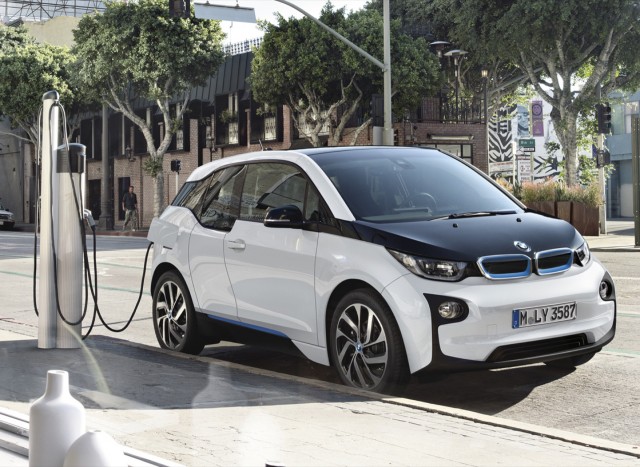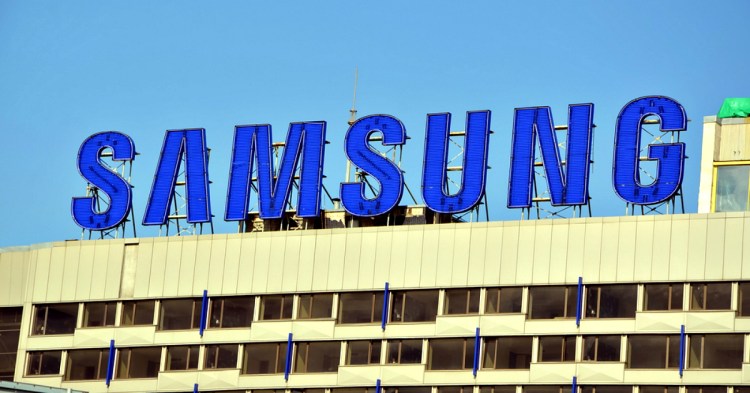The market for lithium-ion battery cells for electric cars is currently dominated by a handful of companies.
Korean electronics giant Samsung hopes to become one of those companies.
Its Samsung SDI battery division already supplies cells to BMW, but the company is planning a major expansion of its battery business in order to challenge fellow Korean firm LG Chem and Japan’s Panasonic.
Several recent moves by Samsung indicate the company is positioning itself to become a major player in electric cars, notes financial news site The Motley Fool.
Last week, it was reported that Samsung would invest about 400 million won ($358 million) in a new battery plant in Hungary.
The plant is expected to start production in the second half of 2018 and will reportedly have the capacity to supply cells for 50,000 electric cars per year when production fully ramps up.

2017 BMW i3
Samsung currently supplies cells for the BMW i3 electric car out of a Korean plant, while the i3 itself is assembled in Germany.
The new Hungarian plant could potentially supply cells to other all-electric or plug-in hybrid BMW models launching in the next few years.
Samsung’s plan to establish a European battery factory will also allow it to maintain parity with LG Chem, which recently announced that it would build a new factory of its own in Poland.
LG currently has a much larger automotive customer base than Samsung, counting 25 carmakers among its clients.
This includes General Motors, which contracted with LG for extensive development work on the 2017 Chevrolet Bolt EV, work that went well beyond supplying battery cells.
Note that both LG Chem and Samsung SDI will supply cells for the all-electric Audi SUV that will debut in 2018.

Audi publicity image for Q6 all-electric SUV, which is to use cells from LG Chem and Samsung SDI
That model will be built in Europe, so it could be supplied with cells from the two companies’ new plants there.
In addition to spending money on a new battery factory, in July, Samsung spent $449 million to acquire a four percent stake in Chinese automaker BYD, which also counts Warren Buffett’s Berkshire Hathaway as an investor.
BYD produced more electric cars and plug-in hybrids than any other company last year, although only a small fraction were sold outside China.
Among battery suppliers, Samsung is also likely the only one to have tried to build cars itself.
It established an automotive division in the 1990s, but later sold it to Renault.
The French carmaker still sells some models in South Korea under the Renault-Samsung brand name, including the electric Fluence ZE sedan that has been discontinued in its home market.
This post first appeared on Green Car Reports.


